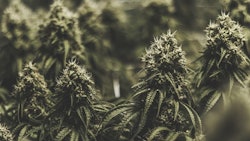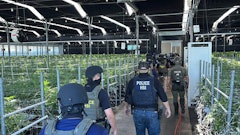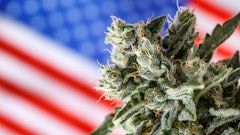
San Luis Obispo County Superior Court Judge Ginger Garrett ruled Nov. 20 that cannabis billboards are illegal under California’s Prop. 64, according to a local KSBY report.
Two San Luis Obispo attorneys, Saro Rizzo and Stew Jenkins, filed a public interest lawsuit in San Luis Obispo Court in October 2019 on behalf of Matthew Farmer, a San Luis Obispo resident who argued that the advertising was wrongfully exposing his children to cannabis use, the news outlet reported.
Rizzo and Jenkins alleged in the case that the billboards are illegal under Prop. 64, the 2016 voter-approved initiative that legalized adult-use cannabis in California, according to KSBY.
A ban on billboards advertising cannabis, similar to one that prohibits billboards promoting tobacco products, was enacted as part of Prop. 64 to protect youth from cannabis advertising, the news outlet reported, and the provision bans cannabis billboards on the Interstate Highways and State Highways that cross the California border.
Garrett sided with Farmer on Friday, striking down a regulation that the California Bureau of Cannabis Control (BCC) adopted in 2019 to allow cannabis billboards on highways that cross state borders, KSBY reported.
Roughly 35 of California’s highways will be impacted by the ruling, according to the news outlet, although cannabis can still be advertised on billboards along highways that don’t cross state borders.
The BCC must now notify cannabis businesses about the new regulations, and operators in noncompliance could be penalized with fines or even the revocation of their license, KSBY reported, although a deadline to remove existing cannabis billboards has not been set.
























